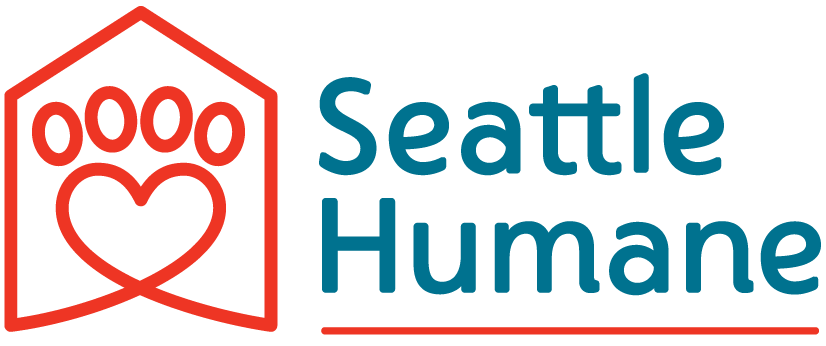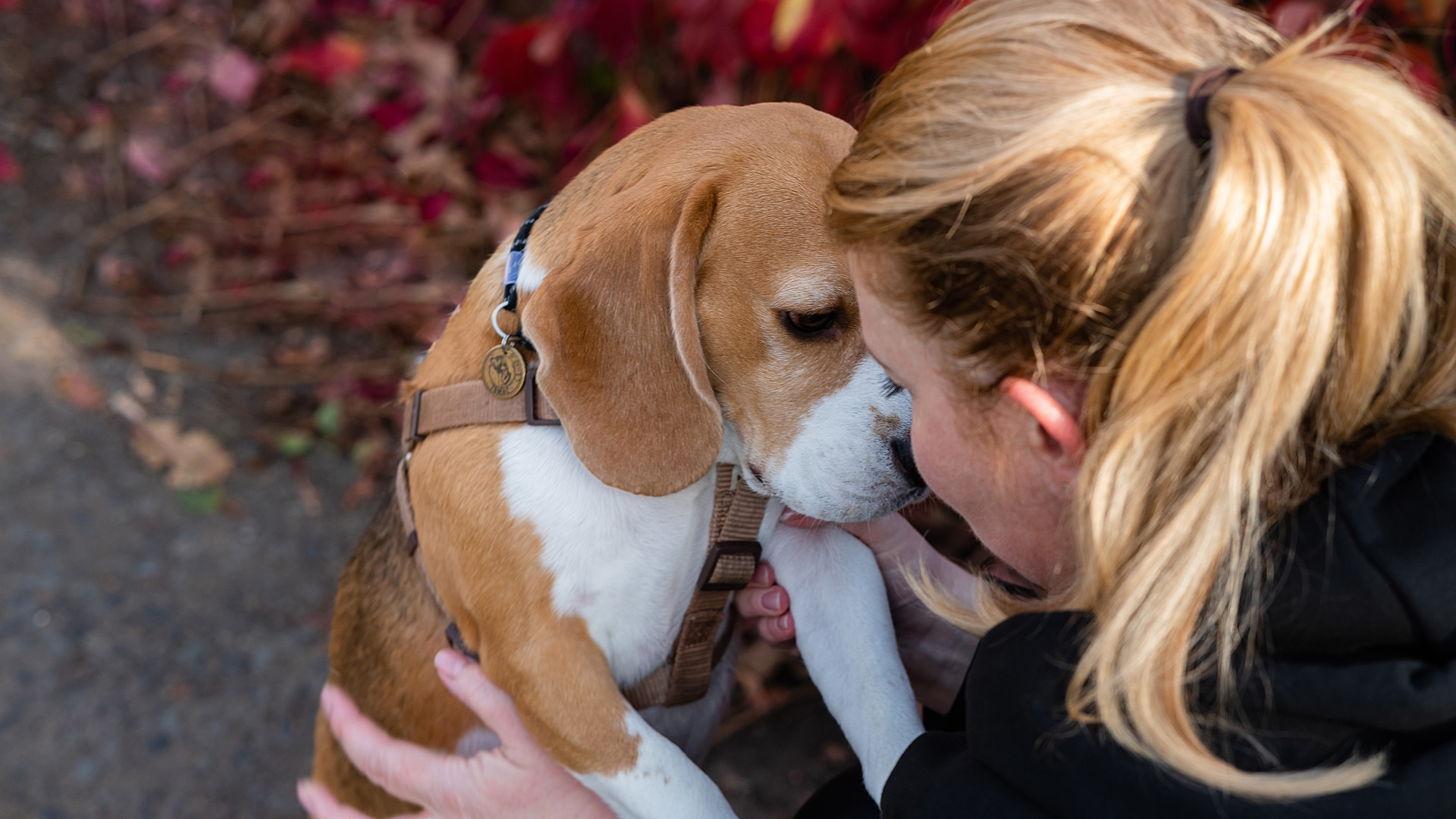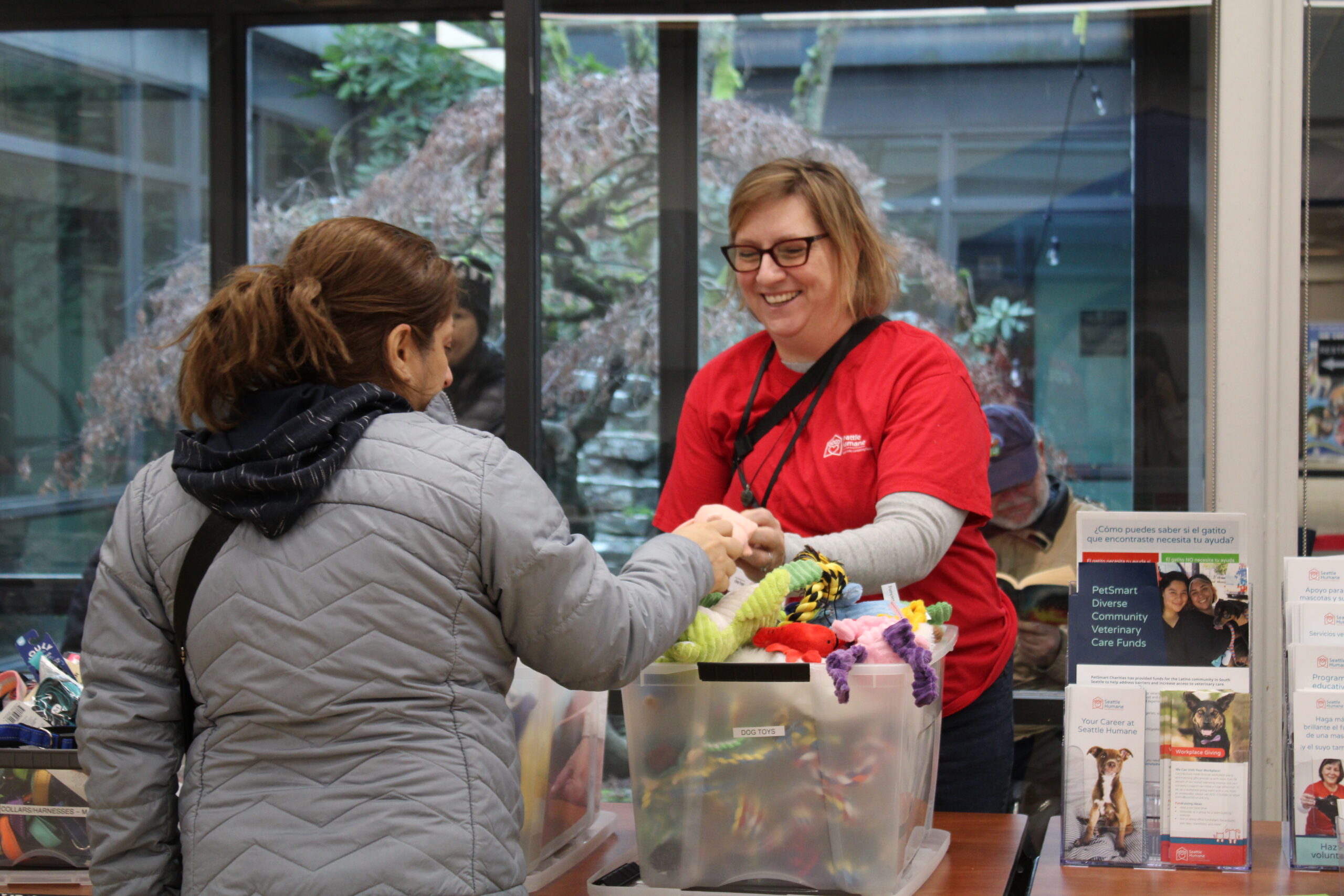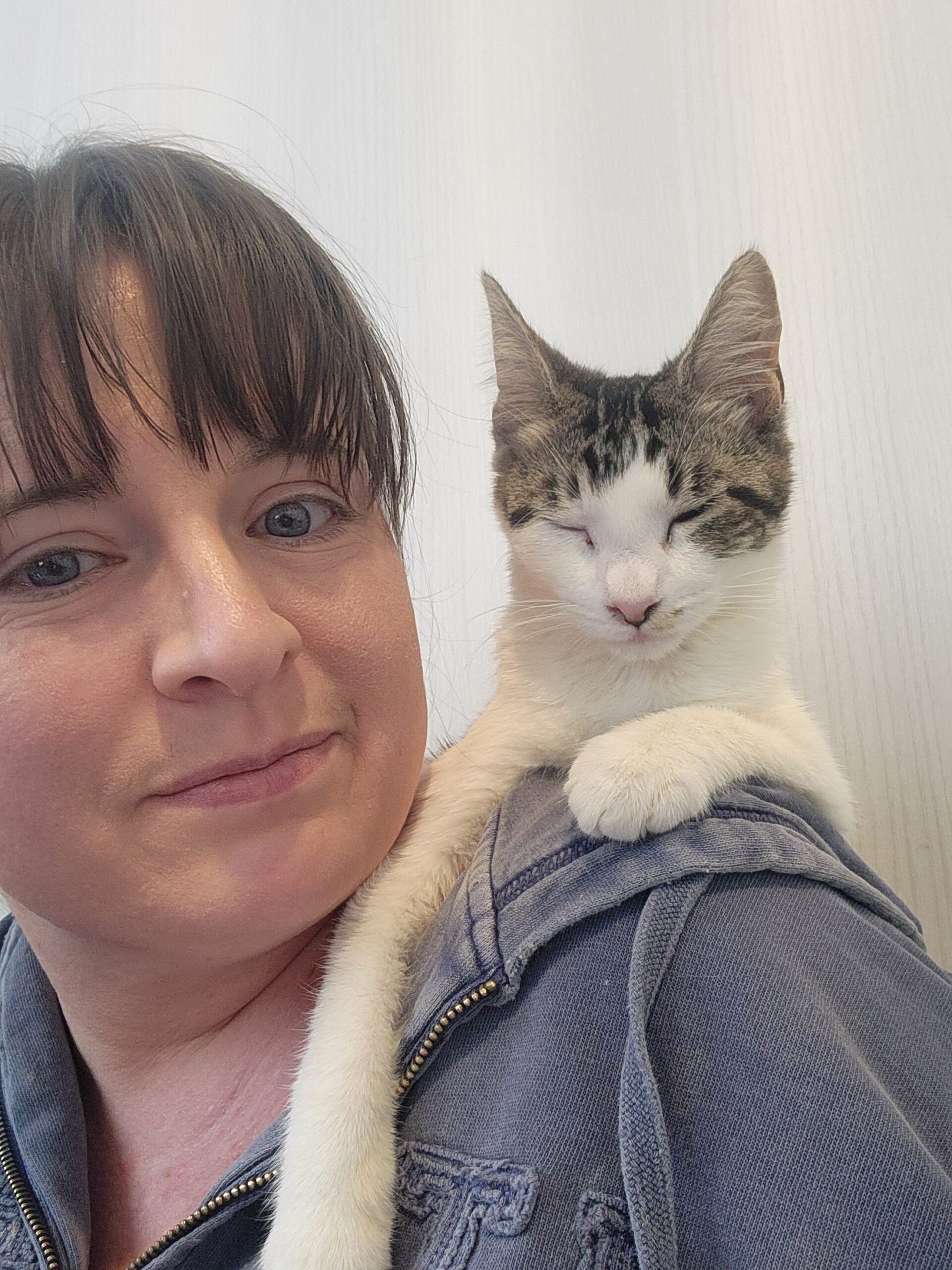Low Animal Population
While Seattle Humane has a wonderful, state-of-the-art facility – made possible by the community and for the community – public health guidance necessitated closing the shelter to the public for on-site visits in early March and moving a majority of our animal population into foster homes. During this time, we have focused on creating programs and implementing changes that will improve the future support Seattle Humane can provide for the community and animals in our care.
Anyone who has been following Seattle Humane’s life-saving work over the years knows that 2020 looks very different, especially in terms of our shelter population. The number of animals in our care remains lower than normal, and particularly so for dogs. There are multiple factors affecting Seattle Humane’s ability to increase the number of animals in our care, and all of them are related to COVID-19.
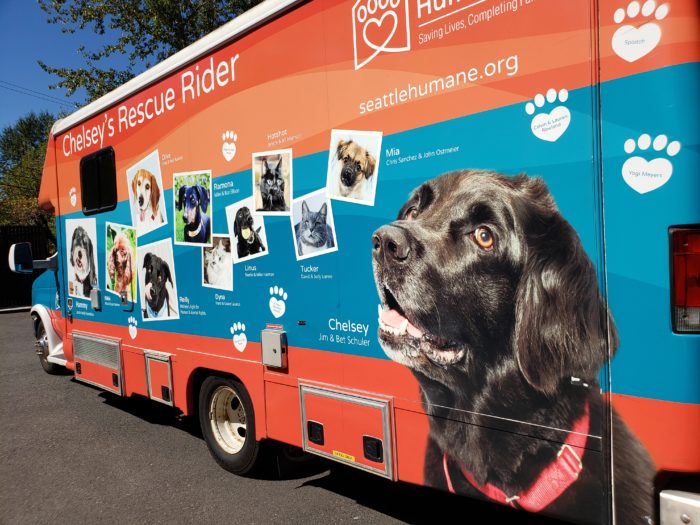
Limited Staffing Capacity
The persistent threat of COVID-19 has required Seattle Humane – and many other shelters – to balance our mission of saving animal lives with our responsibility to provide a safe and healthy workplace for our talented and dedicated staff. Seattle Humane is also committed to helping flatten the curve of COVID-19 in the community and abroad, in the hopes that we can return to normal sooner than later.
We continue to rely on our network of foster parents to provide temporary homes for a majority of the animals in our care, not all of whom are currently available for adoption. While interest in fostering remains strong, Seattle Humane currently lacks the staffing needed to support a larger network and pet population, particularly in the case of large-breed dogs who may require more staff resources, particularly in vet services where several staff will have to work in close proximity.
Seattle Humane is grateful that longtime donors and so many new community supporters have stepped up to help us weather this unprecedented time in history, which has allowed us to support our staff and avoid the heartbreaking layoffs so many other nonprofits face as a result of the COVID-19 pandemic.
The greatest threat to Seattle Humane’s continued operation is a potential COVID-19 outbreak within the shelter that would require suspending all operations on campus. As Seattle Humane prepared for our closure to the public for on-site visits in March, leadership took immediate steps to ensure employees were not being put in harm’s way by providing them the option of working from home whenever possible, which is where many continue to fulfill their positions, at least part time, in the organization.
Staff are required to wear face masks and practice social distancing while inside the shelter, and employees in all departments have been divided into two teams, determining when they can physically work inside the shelter and insuring that not all staff are on campus at the same time.
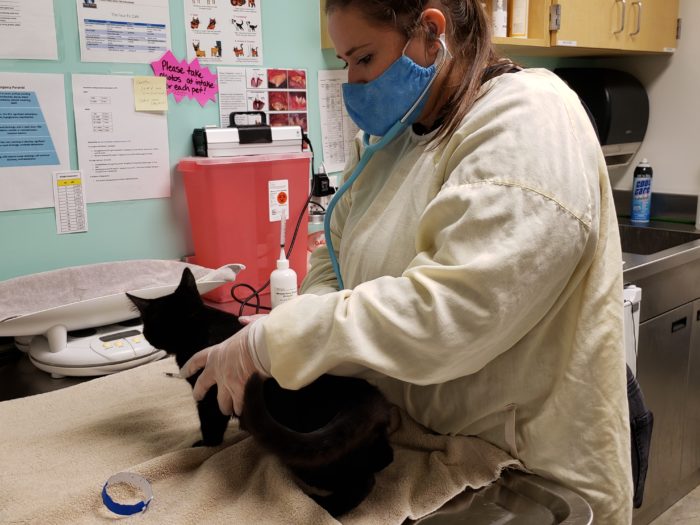
Changes in how Seattle Humane staffs the shelter, as well as the social-distancing requirements they must follow on campus, has not only impacted shelter capacity and the performance of daily duties, but also what services can safely be provided. For example, it could require up to 4-5 staff working in close proximity to address the medical needs of a large dog. Seattle Humane is committed to doing all we can to protect staff from exposure to COVID-19, while also managing urgent cases and working hard to reinstate our other vital services as soon as it is safe to do so.
Proceeding with Caution
Science continues to inform the ways Seattle Humane has evolved our operations in the wake of a global pandemic, as do orders from local and state agencies, including Governor Jay Inslee’s Safe Start Washington approach to reopening the state.
Seattle Humane is part of an amazing network of animal shelters that work together to provide support and guidance when it comes to taking in and caring for animals as they make their journey to new homes and loving families. COVID-19 has caused not only a significant reduction in the number of adoptions we can process, but the pandemic has also caused Seattle Humane to suspend interstate transfers. Even if public health guidance lifted such restrictions, Seattle Humane would continue to have concerns about working with shelter partners in states that have not yet managed to reduce their rates of COVID-19 infections, since it requires partner personnel to travel across the country to deliver animals.
Seattle Humane is focusing on serving and saving animals within Washington state, currently working with shelter partners to primarily support cats and their litters during kitten season. We have been able to facilitate more than 120 cat adoptions over the past four weeks, with 60 being kittens.
Shelter partners in certain parts of the state have been working with neighboring rescues to manage their animal populations, however, many of these rescues also do not have the capacity to process dogs requiring ongoing medical and behavioral support. With all shelters addressing their own capacity challenges and transfer limitations, Seattle Humane has been unable to move certain dogs in its care to rescues that may specialize in that breed or are located in areas where they would receive greater adoption interest. Fortunately, due to innovative efforts across the state and the support of compassionate foster families, the overall number of dogs in need of shelter care is not as high as we would typically expect this time of year.
Keeping Families Together
Seattle Humane is witnessing an increasing number of public surrenders, precipitated by economic hardships that will only worsen the longer this pandemic persists. In an effort to keep families together, Seattle Humane has ramped up community outreach with our pet food bank, and teamed up with regional animal shelters to reach more families in need through a mobile pet food bank. Seattle Humane has also been keeping animals from entering the shelter system through our Home To Home program, which was launched two months ago and provides pet guardians with the tools to rehome their pets on their own.
There is no denying that COVID-19 is putting an immense strain on resources all animal welfare organizations rely on to operate as effectively as they have historically. But COVID-19 represents a mere fraction of time in Seattle Humane’s century-long history, and this pandemic will pass. When it does, Seattle Humane is eager and prepared to continue our work of saving lives, completing families and promoting the human-animal bond by keeping families together whenever possible.
